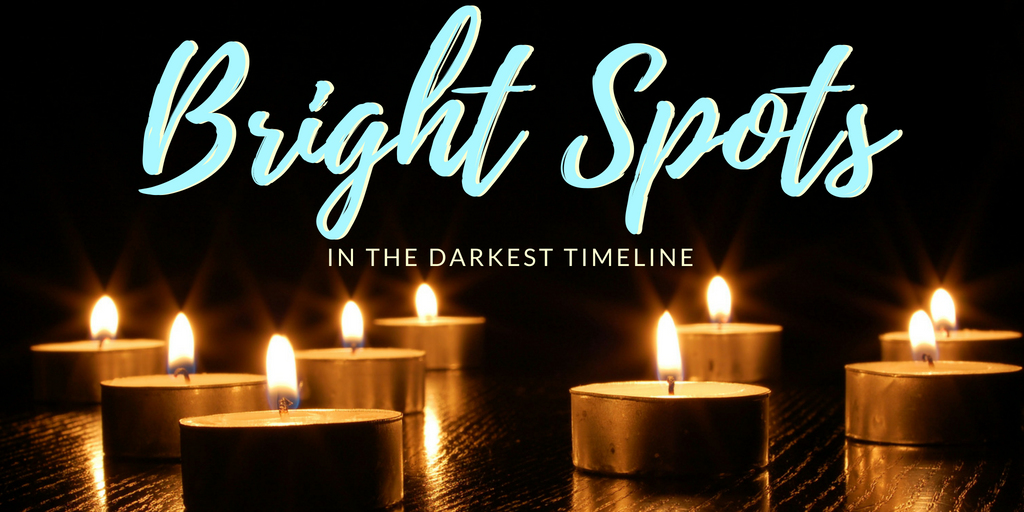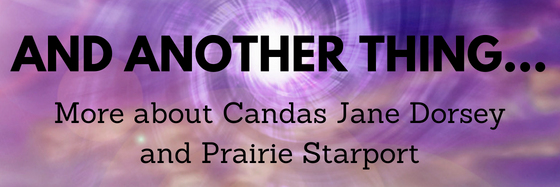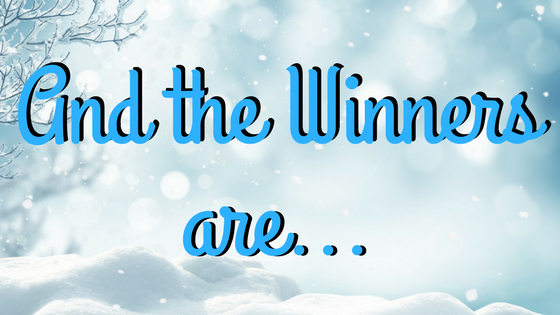 Each year I organize a blog tour to benefit the Edmonton Food Bank. This year’s blog tour has an Advent theme. That means twenty-four participants each sharing a story with you for the next twenty-four days. With a special surprise on Christmas Day. Check out this lineup!
Each year I organize a blog tour to benefit the Edmonton Food Bank. This year’s blog tour has an Advent theme. That means twenty-four participants each sharing a story with you for the next twenty-four days. With a special surprise on Christmas Day. Check out this lineup!
These stories are not all happy. They’re not all holiday-themed. They’re not even all speculative. But they have all been donated by generous writers to help draw attention to our fundraiser for the Food Bank.
The stories will mostly be hosted at the blogs of the people who’ve written and donated them, so we’ll be spreading the love around. I will be sharing those URLs on my social media (Twitter and Facebook mostly) but once a week I’ll have an update here to share all the URLs and make sure even those of you who don’t follow me on social media won’t miss out 🙂
Most of the bloggers will be kind of subtle about the ‘passing of the hat’ portion of their blog posts, but not me. This is the one time of the year I am absolutely shameless about asking for your money. Because I’m not asking for myself, I’m asking for people who could use a little help. And every single dollar counts.
Because of their bulk buying power and community connections, each dollar donated to the food bank can buy three meals.
Our goal this year is $750
That means if we reach our goal we will have helped provide 2,250 meals to hungry people. And that, my friends, ain’t nothin’.
But we can’t do it without you, and every dollar counts.
CLICK HERE TO DONATE TO THE EDMONTON FOOD BANK
You’ll notice that link doesn’t go to a PayPal account or anything like that. None of this money comes to me. It all goes to the Edmonton Food Bank via Canada Helps. That means you can donate with confidence, knowing there is no chance your money won’t go where it’s intended. Also, Canadian donors can get a tax receipt and American donors can get crazy value for your money because those donations are in Canadian dollars. So every US dollar is worth about $1.25 Canadian!
But wait! There’s more!
While donating to the food bank is guaranteed to make you you feel good, we’re offering even more than that warm and fuzzy feeling in exchange for your donation.
Every person who donates to the fundraiser will receive a Giftmas card from me. However, the first five people to donate will find a custom poem (about a subject of their choice) included in that card along with some brand new ‘Writing is a Team Sport’ swag (in the form of a magnet) and for any of those donations which are $25 or more I will also include a special custom Corvidae die.
Also, every single person who donates $1 or more to the fundraiser will receive an electronic copy of Brandy Ackerley’s book, Fated.
Oh, but also? There’s still more 🙂 We have a Rafflecopter, and you don’t even need to donate in order to enter.
Because we know that money can be awfully tight around the holidays, so we’ve made it easy for you to support the fundraiser without spending any money — by signal boosting it. Check out the prizes that you can win. There are three prize packs, one which is open to anyone. One for the US only and one for Canadians.
First Prize
JB Riley — 5,000 word proofread
Beth Cato — Tuckerization within her current WIP novel. Her first ever!
Stephanie Lorée — 5,000 word editorial critique (first chapter, short story, whatever)
Jamie Wyman Reddy — 5,000 word editorial critique
JM Landels — One year e-subscription to Pulp Literature
Jennifer Lee Rossman — Signed copy of Jack Jetstark’s Intergalactic Freakshow
Alexandra Seidel — 5,000 word short story critique (horror or sff preferred)
L.S. Johnson — Signed copy of both Harkworth Hall and Leviathan
E.C. Bell — Signed copy of Hearing Voices
Rhonda Parrish — Signed copy of Equus
Stephanie A. Cain — Set of Circle City Magic paperbacks with signed bookplates (US & Canada only)
Julie E. Czerneda — The Web Shifters Trilogy, in trade paperback, (US & Canada destination)
Julie E. Czerneda — Audiobook of Search Image (Web Shifter’s Library series)
US Only Prize:
Ashley R. Carlson — signed copies of the first two books in The Charismatics series
Rhonda Parrish — Paperback copy of E is for Evil
Michael B. Tager — Paperback of your choice from Mason Jar Press
Canada Only Prize:
Kurt Kirchmeier — Chronicles of Narnia
E.C. Bell — Signed copy of Hearing Voices
Rhonda Parrish — Corvidae Dice
O_O
(Or, if that widget doesn’t load for you click here to go directly to the page)
I’ll draw winners for the Rafflecopter on Boxing Day. Winners will have three days to respond to my email or I’ll draw a new name — so check your email over the holidays LOL Once winners have been contacted and finalized I will announce them here on my blog and on social media.
To claim your Giftmas card from me and/or copy of Fated, email me at rhonda.l.parrish@gmail.com. Include your snail mail address (for the card) and your preference of .mobi or .epub (for the book) and if you were one of the first five donors I will contact you about the subject matter for your poem. If you donated anonymously, please also tell me the time and amount of your donation so I can match them up.
And, in case you’ve forgotten how to donate (because this is a long blog post), I’ve got you covered. Check it out:
CLICK HERE TO DONATE TO THE EDMONTON FOOD BANK
Thank you! Enjoy the stories, the warm feeling of supporting this fundraiser, and good luck winning some of the goodies!

Giftmas 2018 — Advent Schedule
- SG Wong — “The Fix“
- Alexandra Seidel — “Hans & Gretel“
- Chadwick Ginther — “The Gift That Keeps on Giving“
- Michael B. Tager — “Where the Dead Go To Disco“
- Stephanie A. Cain — “Gift of the Werewolf“
- Pamela Fernandes — “Letters from Bidbid“
- J.S. Watts — “Christmas Traditions“
- A.J. Wells — “The Feast of the Wolf King“
- Randi Perrin — “Invisible“
- JB Riley — “The Fool and the Wise Men“
- Julie E. Czerneda — “Dear John“
- Steve Toase — “Seeing With Pollen“
- Premee Mohamed — “The Last“
- Kurt Kirchmeier — “Souls on Display“
- Tiffany Michelle Brown — “Anything But Plain“
- E.C. Bell — “Oslo’s Wish“
- Laura VanArendonk Baugh — “Cocoa“
- Beth Cato — “Rootless“
- Jennifer Lee Rossman — “Spider“
- Amanda C. Davis — “Things That Matter“
- Lizz Donnelly — “Eggscellent“
- Cassandra Weir — “Never Too Late“
- Kevin Cockle — “Eight Precious Spiced Jewels“
- Cat Rambo — “Dark Shadows on the Earth“
- [Top Sekkrit Surprise]


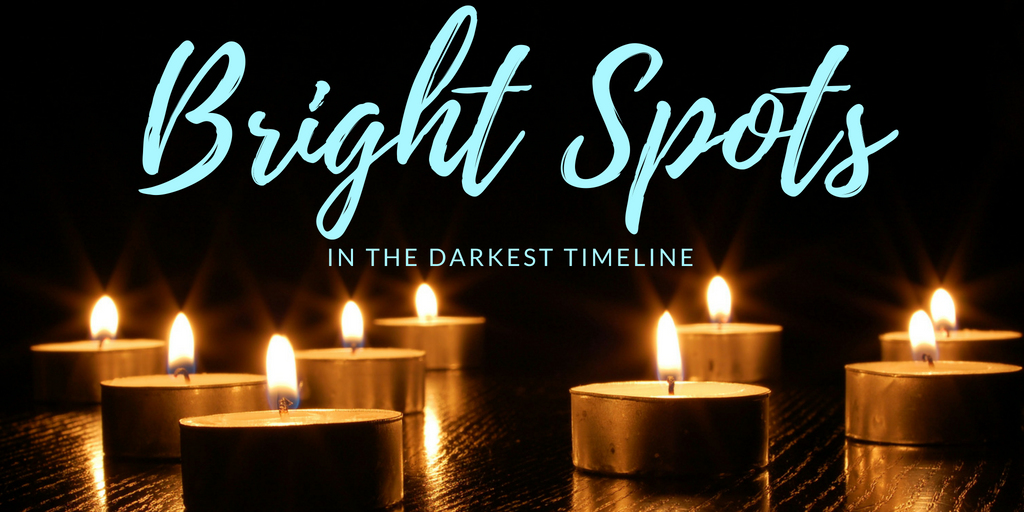
 Alison McBain was born in Alberta, grew up in California and received her B.A. in African history and classical literature at U.C. Santa Cruz. After her nomadic twenties, she settled in Fairfield, Connecticut, where she is raising three girls and her husband.
Alison McBain was born in Alberta, grew up in California and received her B.A. in African history and classical literature at U.C. Santa Cruz. After her nomadic twenties, she settled in Fairfield, Connecticut, where she is raising three girls and her husband.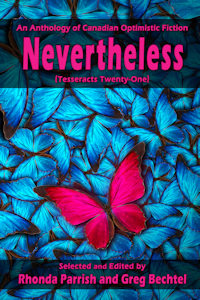
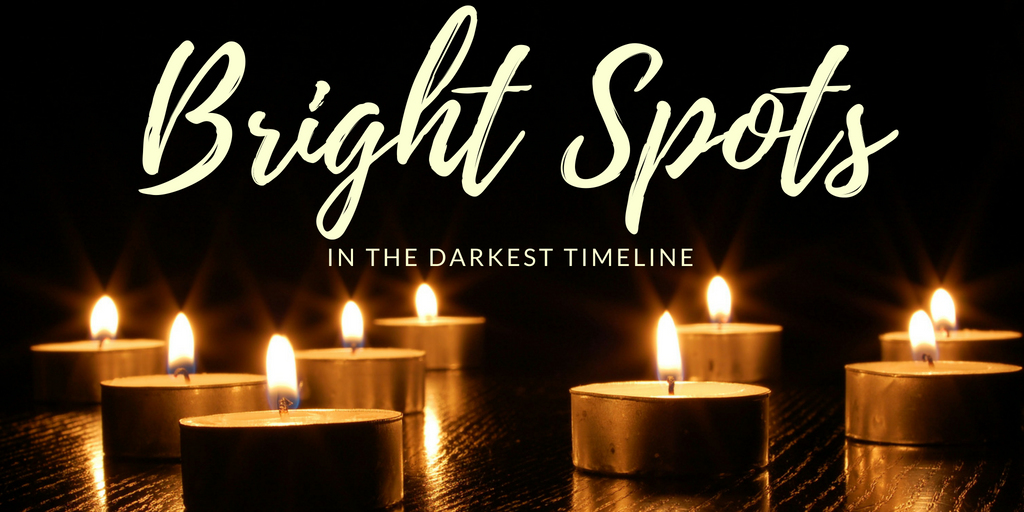
 Kate Heartfield is a former journalist in Ottawa, Canada. Her novel Armed in Her Fashion was published in spring 2018 by ChiZine Publications, and she has a time-travel novella, Alice Payne Arrives, coming in November 2018 from Tor.com Publishing.
Kate Heartfield is a former journalist in Ottawa, Canada. Her novel Armed in Her Fashion was published in spring 2018 by ChiZine Publications, and she has a time-travel novella, Alice Payne Arrives, coming in November 2018 from Tor.com Publishing.